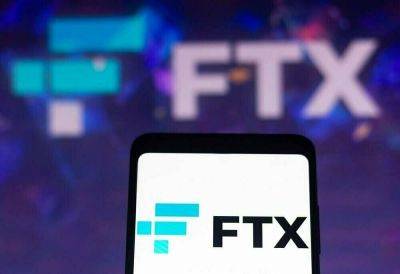What the ‘anti-mining bill’ means for the crypto industry in Texas
In late April, over a hundred people gathered near the Texas Capitol building to protest.
Peaceful protests in the United States are not uncommon, but what made this one unique was that its participants were gathered to advocate for the right to own and use cryptocurrencies.
The location is also puzzling, as the Lone Star State has been presenting itself as a potential hub for the crypto industry in the United States, with varying state and federal laws creating an uneven regulatory landscape.
‘Digital Freedom rally’ to oppose Senate Bill 1751 in Texas State Capitol #Bitcoin $BTC pic.twitter.com/lwAzAbSnY0
And so, the crypto enthusiasts gathered together in Austin to protest Senate Bill 1751, which will strip cryptocurrency mining operators of some existing tax incentives. The bill has already passed in the State Senate and has proceeded to the Texas House of Representatives.
Texas doesn’t fit the binary narrative of crawling into a “crypto-hostile” mode. While its legislators want to strip crypto miners of tax incentives, they almost simultaneously vote for the right of individuals to possess crypto be included in the state’s Bill of Rights.
How did such peculiar legislative moves come about, and what does it mean for the industry?
Almost 10 years ago, Texas became the first state to address Bitcoin (BTC) regulation when the Texas Banking Commissioner issued a memo proclaiming that the original cryptocurrency “is best viewed like a speculative investment,” not as money.
It was good news for the early adopters, as they were spared from the interest of regulators. From then on, Texas began to attract local and global crypto businesses.
In 2021, the Texas Department of Banking declared that local banks are allowed to store
Read more on cointelegraph.com

















